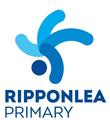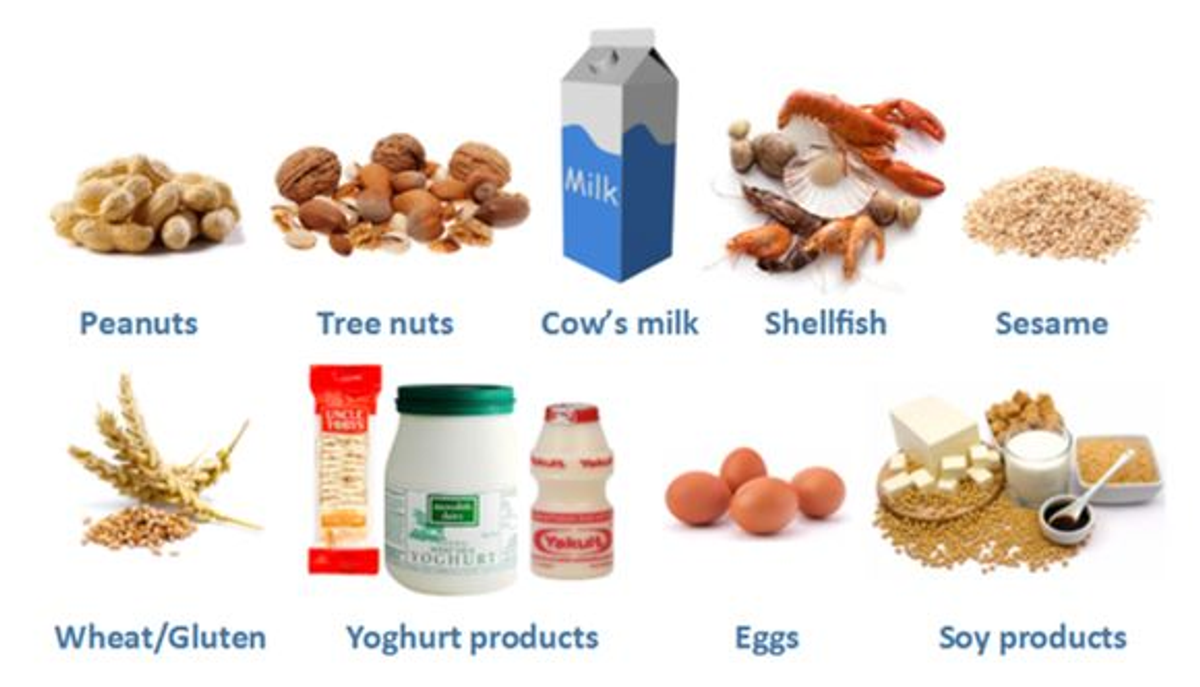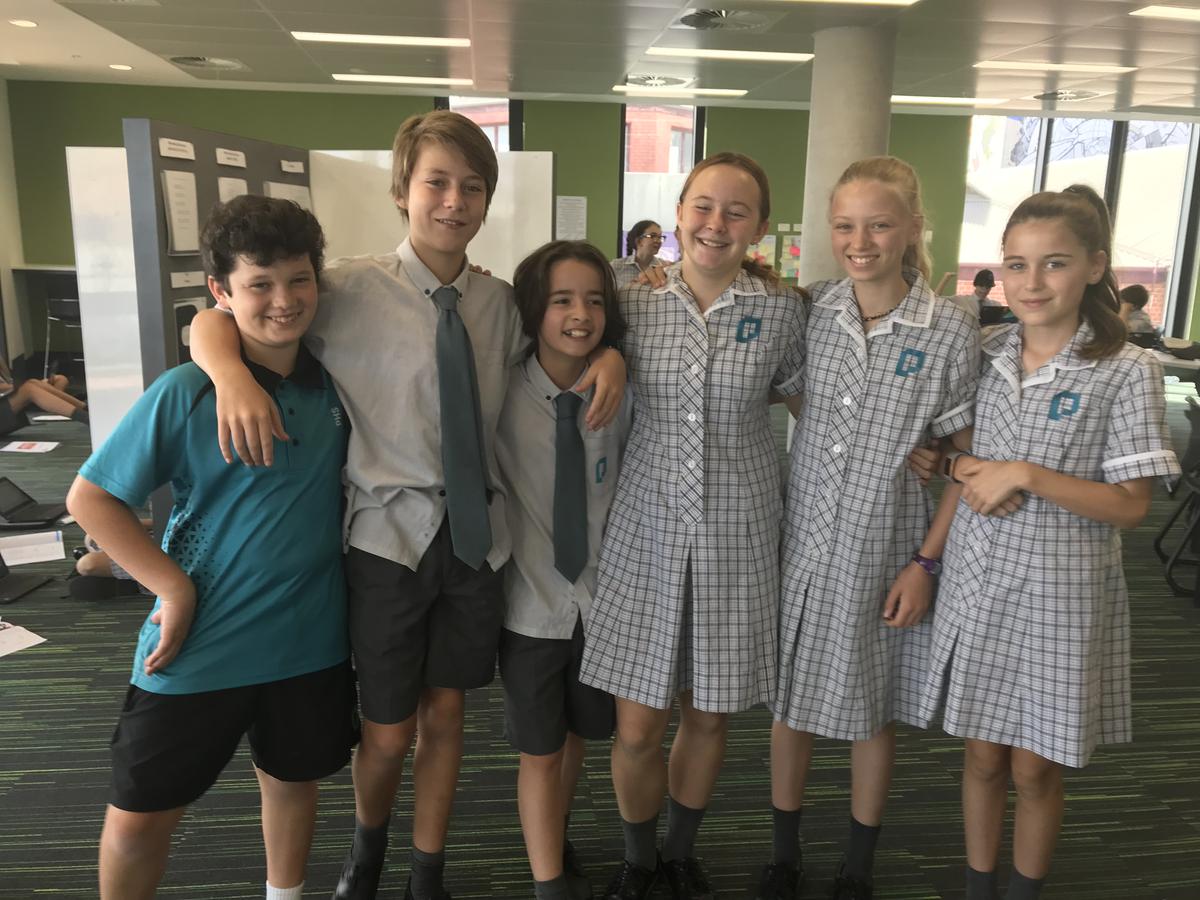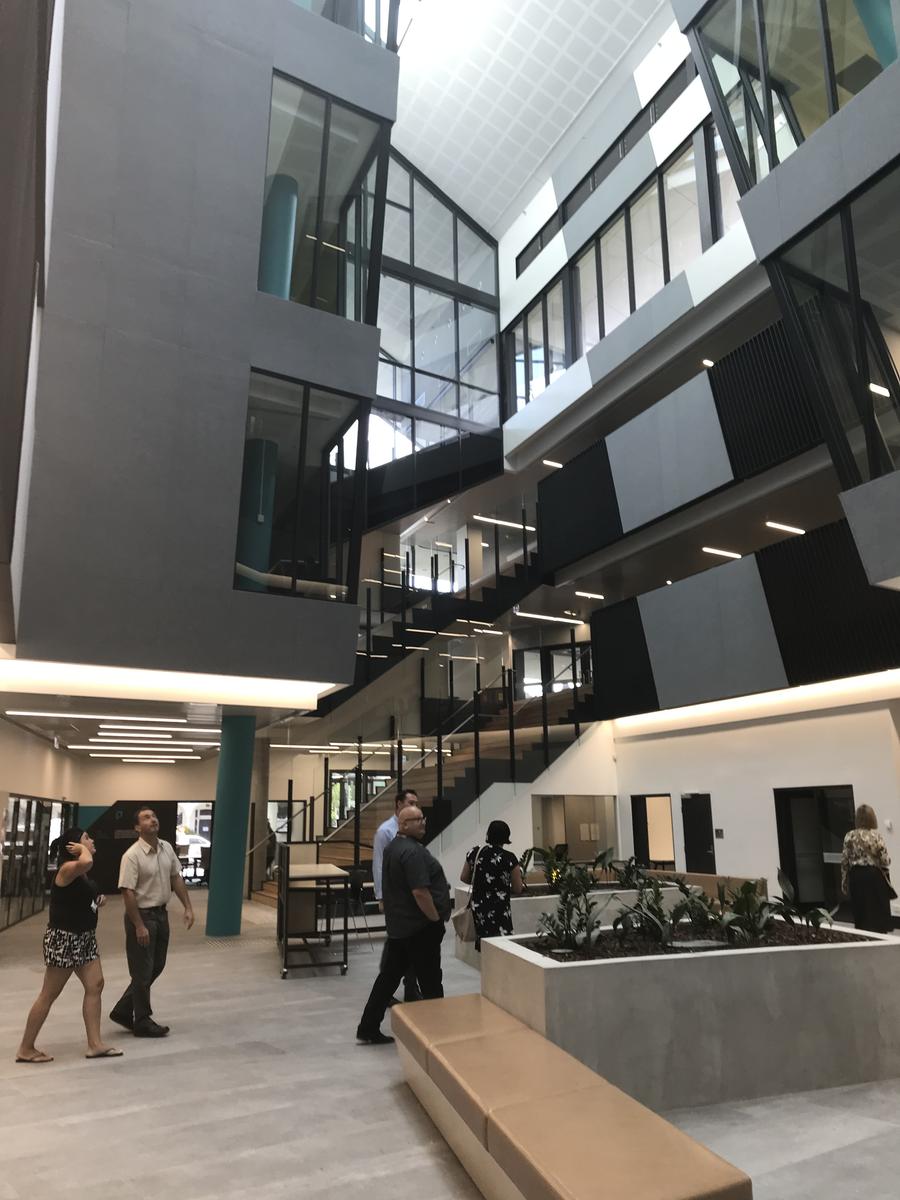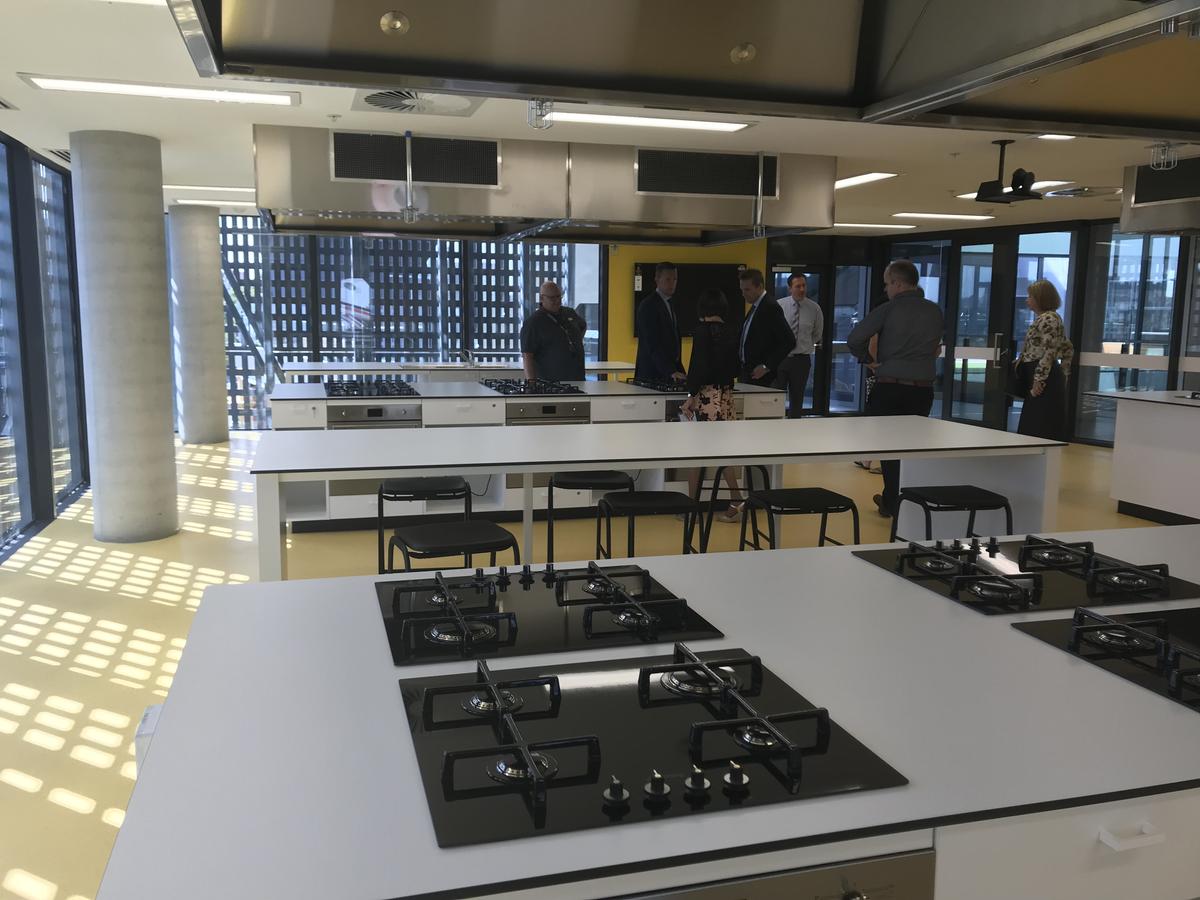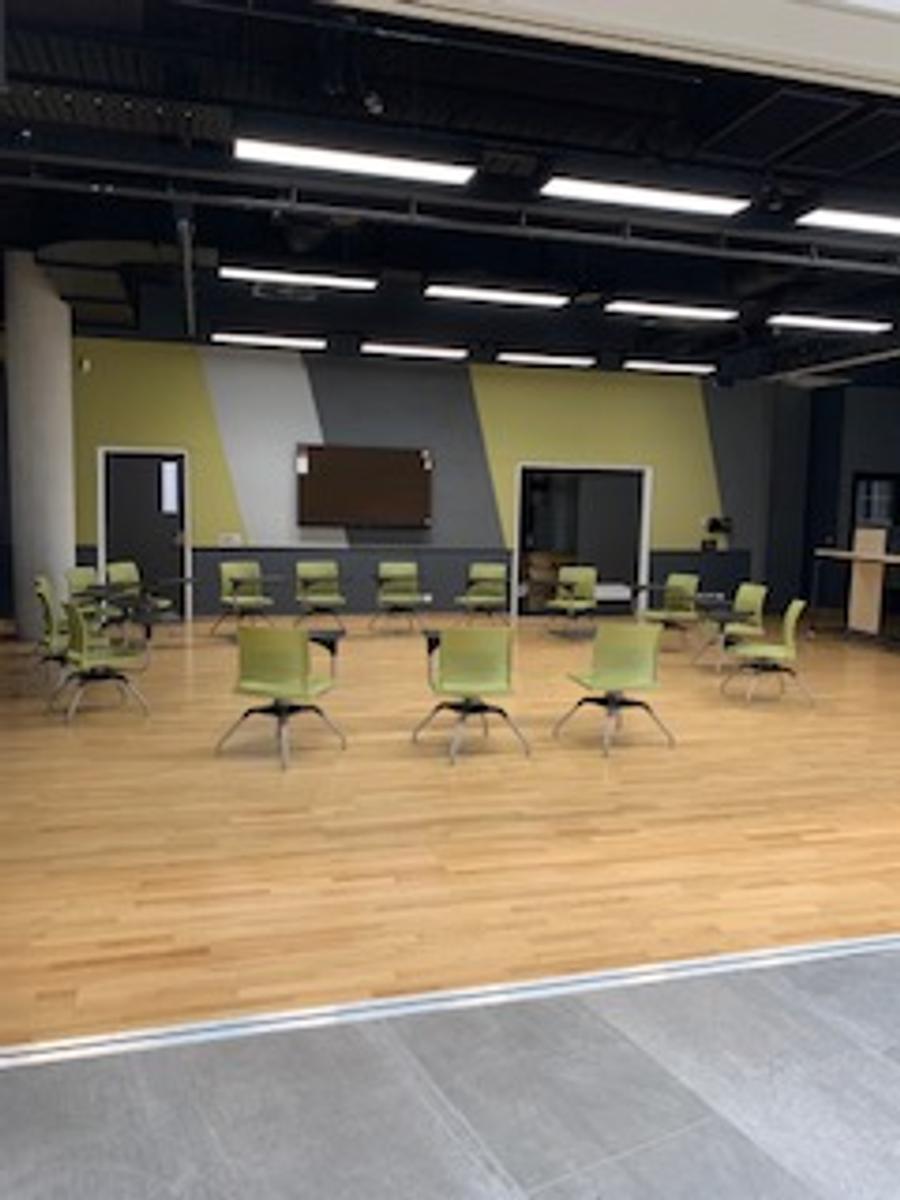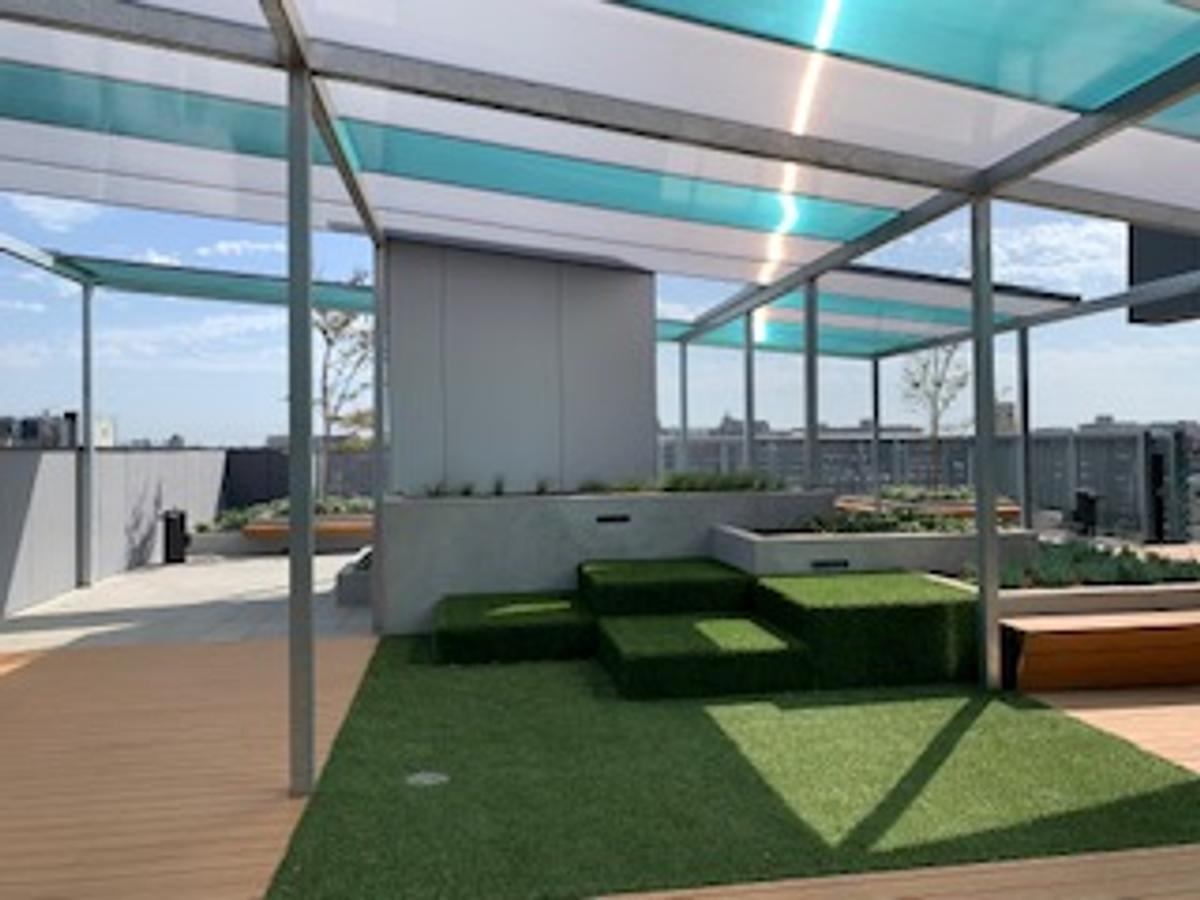Principal's Message
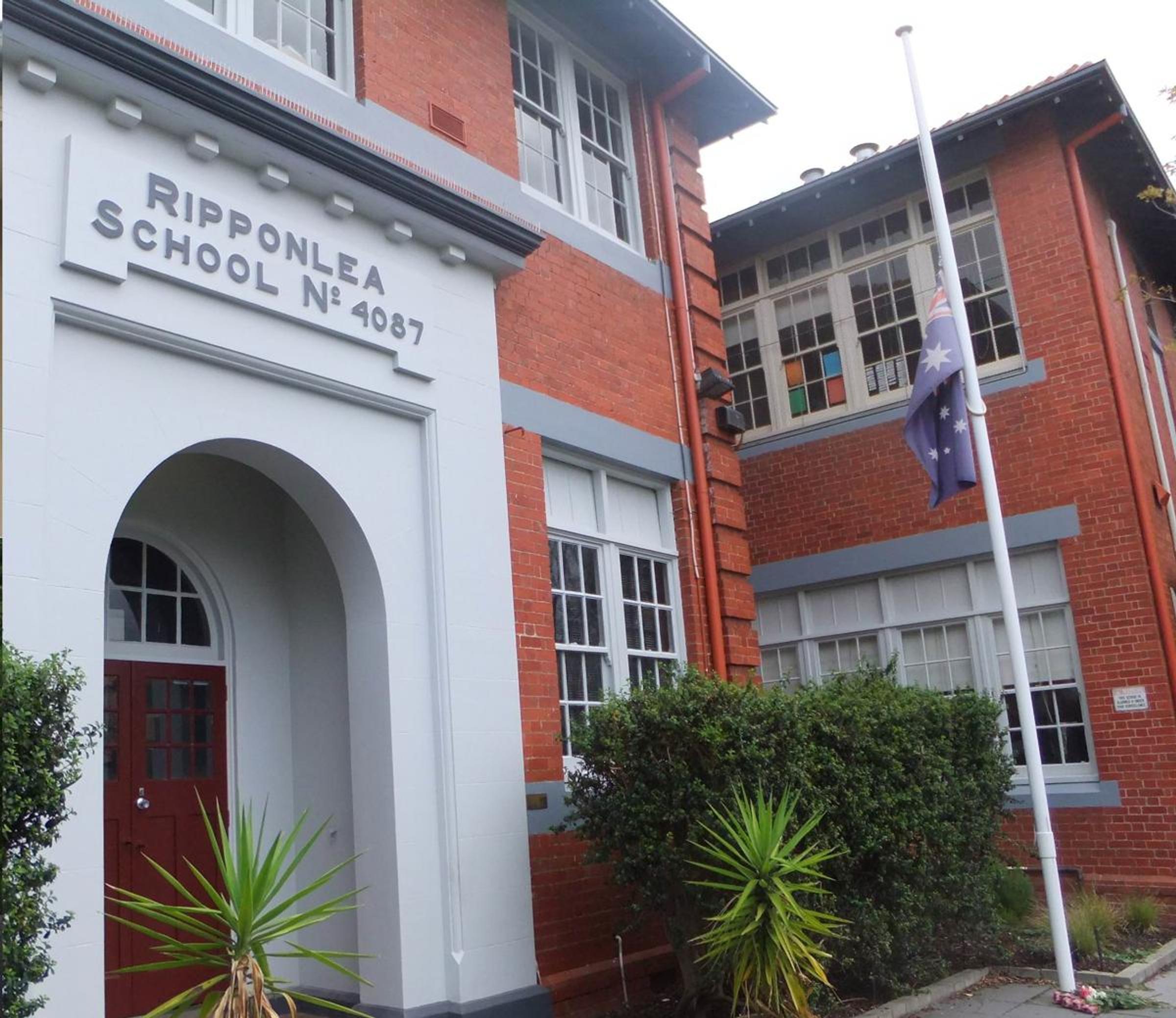
WHERE ARE WE HEADING IN 2019 – OUR SCHOOL GOALS?
This year we continue to place significant emphasis on developing and extending our students' skills in Reading, Writing and Numeracy. Our focus on writing has secured outstanding results for us last year in our NAPLAN results. In 2018 we introduced a range of strategies linked to the VCOP writing framework. We take this focus with us into 2019 and begin more holistic approaches to both reading and writing by introducing our students to rich literary experiences.
Last year we developed the 2019 Annual Implementation Plan, identifying key improvement strategies, actions and data targets to reach in our student achievement results and a range of improvements in the responses of our student, staff and parent opinion surveys. The 2019 Annual Implementation Plan can be viewed on the school’s website, but in a very brief summary we will be focussing on the following:
1. We will introduce an agreed whole school instructional model to drive consistent and evidence-based high impact teaching and learning strategies.
We believe that all students learn differently and develop at different rates. Our students need to receive consistent approaches to the teaching of all curriculum that is constantly reinforced as the students move from year to year. If teachers model common strategies when teaching, students will be encouraged to apply the skills themselves.
2. We will build staff understanding of data and embed regular, collaborative team and whole school moderation and analysis of data to inform differentiated planning.
For teachers to respond to student learning needs, they need detailed information about what their students know and can do through high-quality assessment data, but they also need opportunities to develop their knowledge as they delve into assessment information.
For assessment data to have a useful impact on teaching and learning:
- Data needs to provide teachers with curriculum-relevant information.
- Information must be seen by teachers as informing teaching and learning not a reflection of capability of students.
- Teachers need sufficient knowledge of the meaning of assessment data to make appropriate adjustments to practice.
- Teachers need improved pedagogical content knowledge to make adjustments to classroom practice.
3. Build distributed instructional leadership to lead school improvement and develop effective, collaborative and accountable professional learning teams.
What difference does it make when educators are organised communally? What results, if any, might be gained from this kind of arrangement? The difference can be tremendous for both educators and for students. Hord (1997) identified several effects of learning communities.
For staff, the following results can be achieved:
- Increased commitmentto the mission and goals of the school and increased vigor in working to strengthen the vision.
- Shared responsibility for the total development of students and collective responsibility for students' success.
- Powerful learning that defines good teaching and classroom practice and that creates new knowledge and beliefs about teaching and learners.
- Increased meaning and understanding of the content that teachers teach and the roles they play in helping all students achieve expectations.
- Higher likelihood that teachers will be well informed, professionally renewed, and inspired to inspire students.
- Commitment to making significant and lasting changes and higher likelihood of undertaking fundamental systemic change.
4. Embed a consistent school-wide agreed positive behaviour approach.
What is School Wide Positive Behaviour Support (SWPBS)?
School Wide Positive Behaviour Support (SWPBS) is a framework that helps schools to plan and implement practices across the whole school to improve educational and behaviour outcomes for all students. The SWPBS framework is founded on a positive approach to whole school wellbeing with targeted approaches for students with higher levels of need.
Aims and objectives
The primary aim of SWPBS is to improve educational outcomes for students.
It achieves this through:
- prevention of behaviour problems and management of existing issues positively and consistently
- developing skills and knowledge in schools for better teaching and learning
- creating and maintaining a better school environment for students, teachers and the whole school community
SWPBS provides schools with a decision-making framework that uses data to guide selection and implementation of the best evidence-based academic and behavioural practices across the whole school. SWPBS was developed over 20 years ago, and is now internationally recognised and used in most other Australian states.
Anthony King from the Department of Education & Training will be running a Parent Information Session regarding this framework, so please join us for some great tips to help your child both at home and at school.
Date: Monday 18th March
Venue: Barrbunin Hall
Time: 7pm
We hope this has provided you with a little snapshot of our school improvement focus for 2019.
OUR STAFF – LIFE LONG LEARNERS
I had the pleasure of spending the day with Braden Leech and Stef Hoffner at the Melbourne Convention Centre as they began the school’s two year journey as part of the Primary Mathematics Science Specialist Initiative (PMSS). The program will provide high level professional learning in Mathematics that Braden and Stef will be sharing with all staff.
The initiative aims to:
- increase student engagement and achievement in Mathematics and Science
- increase teacher confidence and capability in teaching Mathematics and Science
- increase understanding of STEM (Science, Technology, Engineering and Mathematics)
- have a sustainable impact in schools beyond the life of the initiative’s funding.
At the end of last year we also applied to participate in the Bastow Institute – Leading Literacy course. Leading Literacy equips school teams with the tools, skills and knowledge they need to lead improved literacy outcomes and influence change across the school. The course focuses on literacy and leadership. The leadership component builds the capabilities and dispositions required to lead school improvement that results in improved student outcomes. The literacy content and pedagogical knowledge component provides key capabilities to embed high quality literacy practice. Congratulations to Lucy Clover and Alicia Oliver–Cook who will be undertaking this course over the first semester of this year.
EXTRA CURRICULAR ACTIVITIES AT RPS
Last week at our School Council meeting we approved service providers for a range of activities to be held before, during and after school.
An instrumental music program is offered within the school, operated by Red Notes. Instrumental lessons are offered as either private or group sessions. Tuition in guitar, drums, percussion, saxophone, clarinet, flute, trumpet, trombone, keyboard and violin is available. For further information, please email Michael Redman on rednotes@iinet.net.au or pick up a flyer in the school office.
Kelly Sports will be offering an after school multi-sports program after hours on Tuesdays. Pierre Sutcliffe is no longer associated with this company. They will be distributing information about their program shortly.
Irene Shifferson will continue to provide piano classes. If you would like to contact Irene, she is available on ishiferson@hotmail.com and 0412 218 264.
We are in the process of confirming a company that will run tennis lessons either after school or before school.
SCHOOL COUNCIL
Last week we met as the current School Council before the official new council meets in mid-March. We would like to sincerely thank Fiona Harris for all of her contributions on council and for convening the Marketing and Publicity committee. Last year we had a number of special events highlighted in the Local Leader and our choir attended the Hank Marvin market to perform.
We have recently concluded our election process and as the number of nominations were equal to the positions vacant, I declare all nominations appointed to School Council.
- Parent Members – Colin Smith & Jeremy Aarons
- DET Member – Alicia Oliver-Cook
Our next School Council annual general meeting will be held on Tuesday 19th March at 7:00pm in the staffroom. Parents are welcome to attend. Next year there will be many positions to fill on our council. This year it would be a great opportunity for parents who are interested, to come along to our committee meetings or even get a snapshot of what School Council does in terms of roles and responsibilities school councillors hold in the governance of the school.
WHY ARE WE NOT A NUT-FREE SCHOOL?
With 1 in 5 Australians affected by allergies, we are sometimes asked why we are not a nut-free school. The answer is two-fold:
- Expert advice is that declaring an environment to be nut-free can lead to complacency about responding to allergies from mild/moderate to severe (anaphylaxis).
- Allergens that trigger allergic reactions are broader than nuts. (See below for common food allergens at our school.)
Staff were recently provided refresher training on the management of allergies, including anaphylaxis, and how to respond in a first aid emergency. This practice, coupled with our plans and policies, equip us to respond to incidents of allergic reactions including managing anaphylaxis.
In stating that we are not a nut-free school, our staff do promote the following:
- Strictly no sharing of food.
- Washing hands before and after eating/drinking.
- Consumption of high-risk food allergens only under teacher supervision and not allowed in the yard. High-risk foods include shellfish and yoghurt products.
If you are concerned about allergies or anaphylaxis, please don’t hesitate to talk with us or your child’s teacher.
PRAHRAN HIGH SCHOOL VISIT
We had the esteemed pleasure of visiting the newly opened Prahran High School on Monday. Principal, Nathan Chisholm, took us on a tour of the architect-designed vertical school which is currently open to 100 Year 7 students, including a number of Ripponlea 2018 graduates.
It was remarkable to see what a start-up school looks like in the limited grounds of the inner city. Over four levels, the school boasts some state-of-the art facilities branching off an awe-inspiring atrium. Lots of collaborative learning spaces intersperse the specialist classrooms purpose-built for technology and the arts. There is an indoor basketball court, learning balconies, an amazing food technology kitchen and a roof-top garden that rivals some of the best venues in the area!
Naturally, we were more overjoyed to see our Ripponlea students thriving in their new secondary environment and loving the independence and responsibility that comes with being the pioneers of a new school. What a unique experience for nine of our Rippers to enjoy!
SINCERE CONDOLENCES
It is with sadness that we were informed of the news that former Ripponlea parent Belinda Tkalcevic passed away a few days ago. Belinda’s children, Mia and Tom, were School Captains of RPS in 2016. We send our sincere condolences to the family.
Please note Monday is a Public Holiday. Until next fortnight!
Natalie Rose Jess Grey
Principal Assistant Principal
